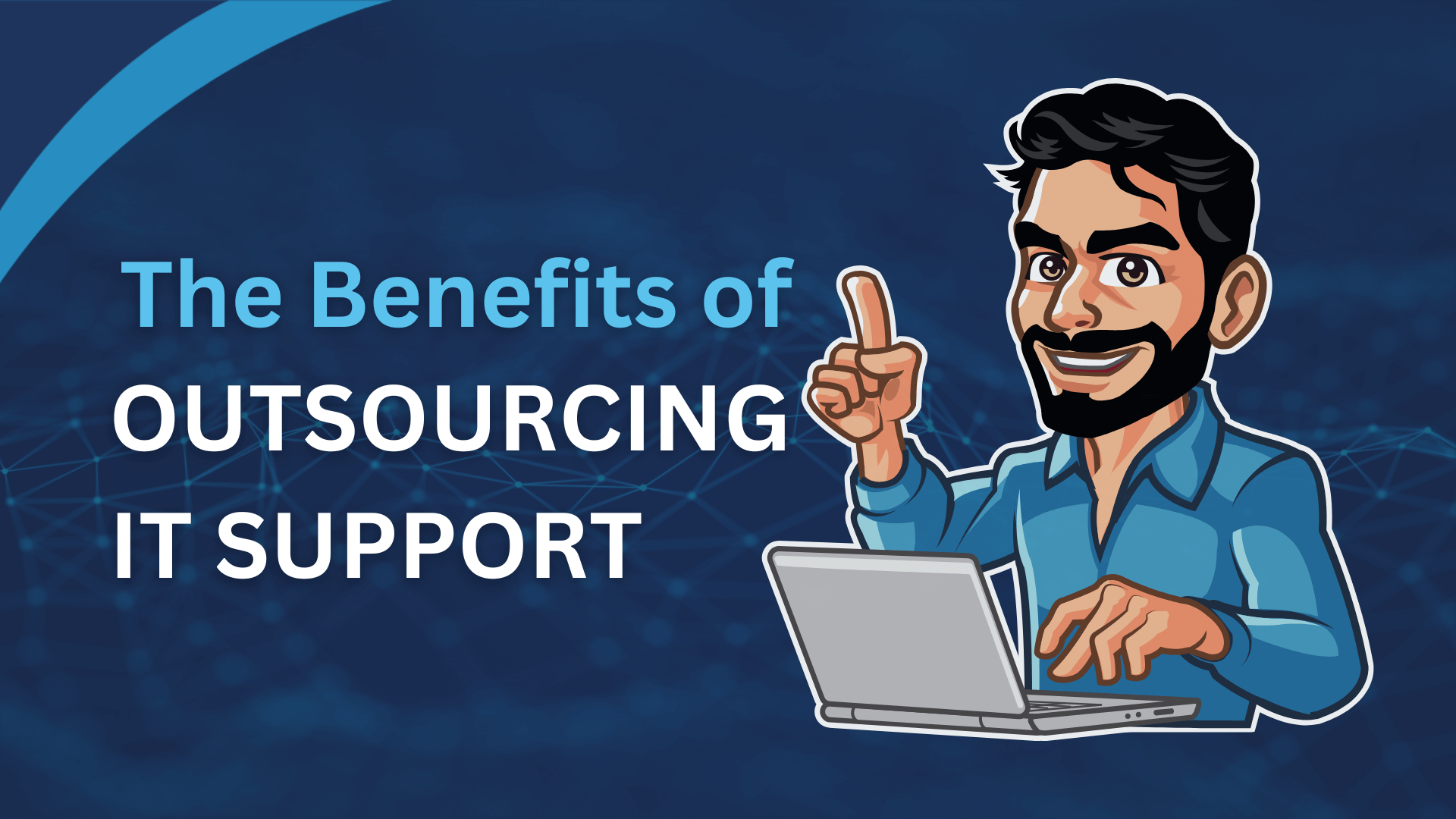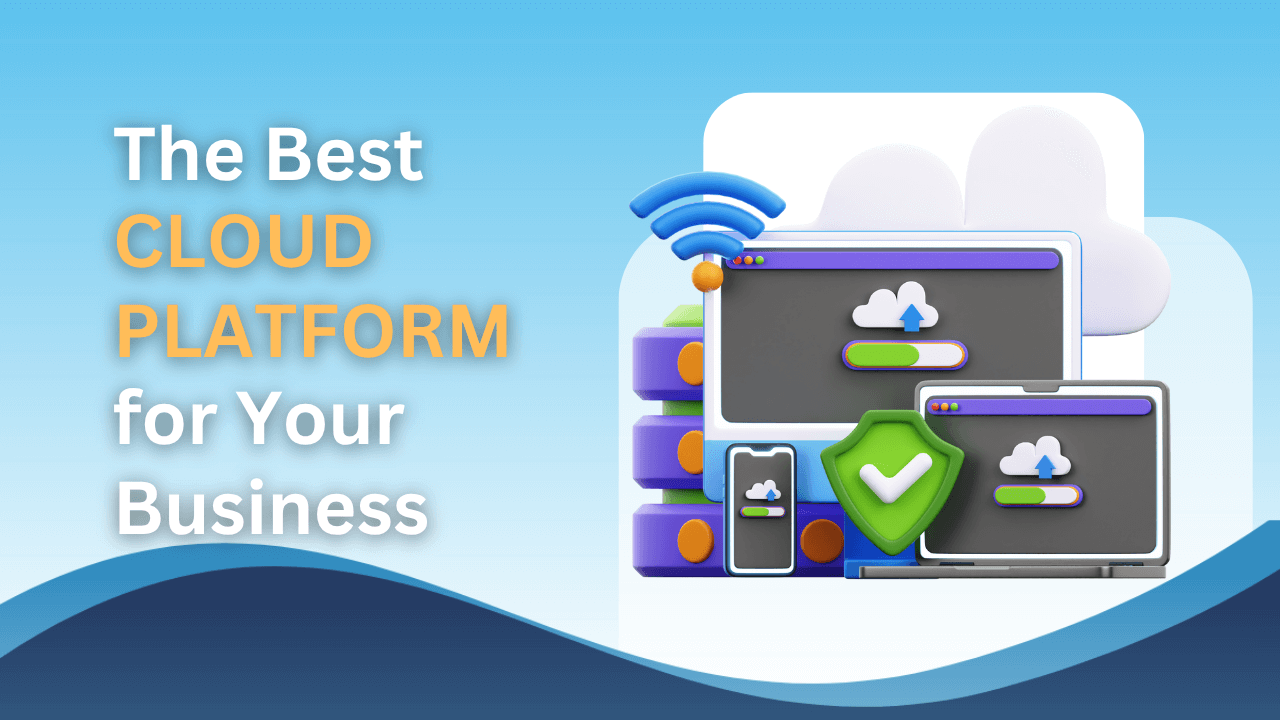A server is an important part of your business and network that performs a number of imperative functions that include collaboration management, granting shared access to files, controlling who has access to the network and promoting file sharing and printer sharing. It shares or ‘serves’ other computers connected to it and provides a single storage location for storing important business information. Consequently, every company, no matter how small, does need a server to ensure it is ready for growth. To understand more, let’s take a look at some benefits of using a server in a business:
Centralised Backup
To avoid loss of important business data, all businesses should backup their files on a regular basis. By installing a server and having your entire data stored in one location, the task of regularly backing up data becomes incredibly easy. Consequently, you will never have to worry about what data has to be backed up on what workstation and can simply arrange and manage all your data at once (something that peer-to-peer networks don’t offer). You can either save data online or on portable hard drives by performing a scheduled weekly or (preferably) daily backup.
Virus Management
One of the biggest dangers to your business is the possibility of your network being infected by spyware, spam, or viruses and losing all important data. Consequently, having an efficient network or desktop anti-virus software on your computers is essential. Now, installing anti-virus software on more than 20 to 30 systems can get incredibly inconvenient. To ease the burden, an anti-virus package that combines workstation and server protection in a single solution can be installed on servers. Consequently, a server is imperative for efficiently and effectively managing viruses.
Improved Reliability
One of the main benefits of installing a server is that it improves reliability and efficiency of a business. This is mainly because servers come equipped with redundant power supplies and secondary power supplies that run in tandem. Consequently, if even of the one power supplies stops functioning, it will not affect normal system operations. The same goes for a server’s storage system in which unlike a normal desktop PC, a server typically uses multiple hard drivers with a RAID configuration to prevent interruption in workflow and loss of data. If one hard drive fails, it can be swapped with another one without interrupting the work of the entire office.
File and Network security
In addition to providing backup services and virus protection to your systems, a server also provides file and network security. It does so by enabling business owners or the IT department to create individual users and group accounts with rights to access particular data stored on the network. Consequently, the implementation of user rights, make it easier for people to access certain files and prevent unauthorised users from accessing data they shouldn’t be viewing. For instance, access to personal records can only be granted to the HR and not the sales team.
As you can see, there are many benefits of using a server in a business. So, if you want to receive these benefits mentioned above, then perhaps it’s time you install a server as well.



